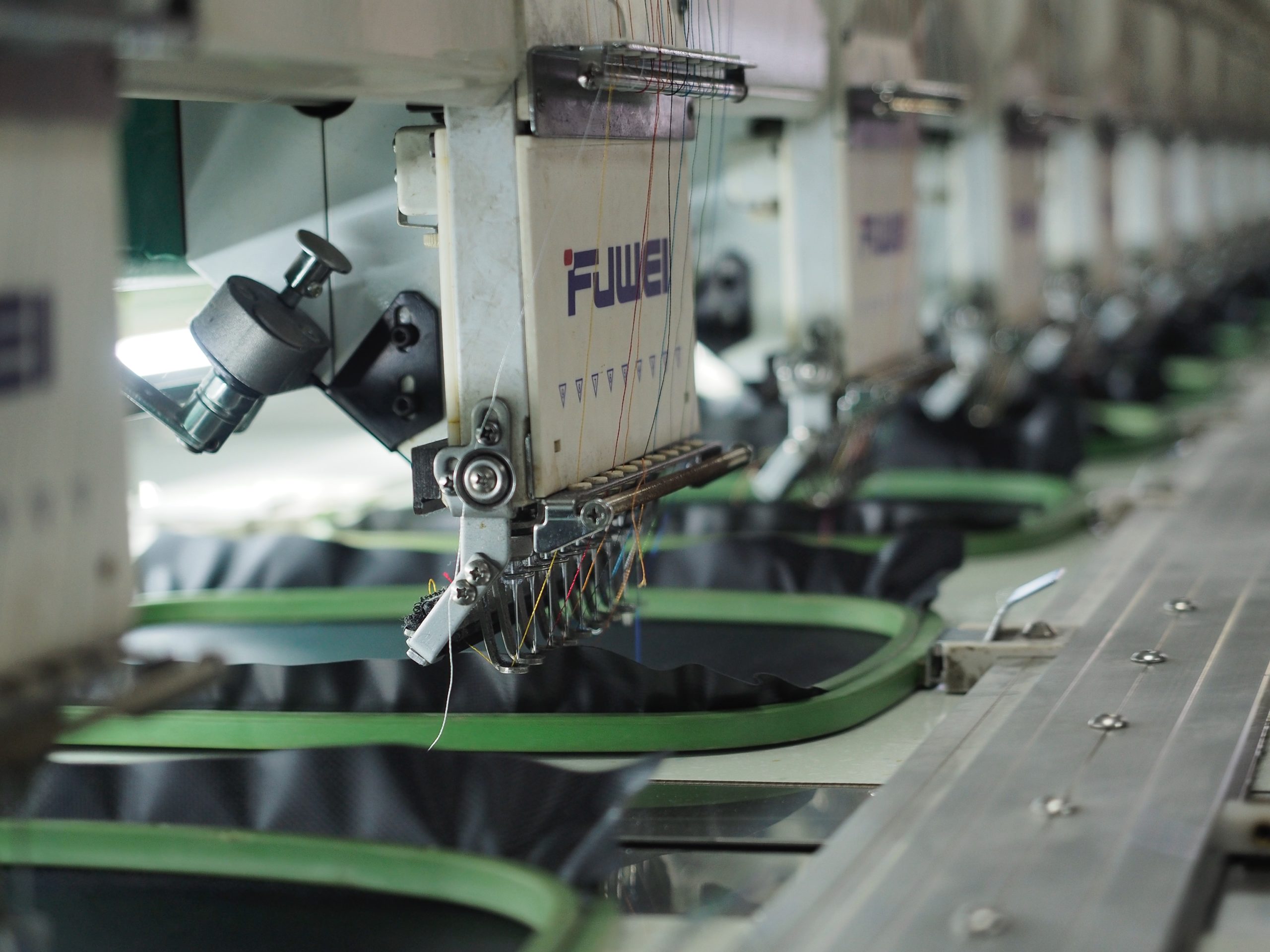VOC Calls on Private Companies to Decouple Their Supply Chains From Xinjiang

Washington D.C. — Today, Victims of Communism Memorial Foundation Chairman and Acting CEO Dr. Edwin J. Feulner sent a letter to 84 CEO’s implicated in the Chinese Communist Party’s scheme of forced labor in the Xinjiang Uyghur Autonomous Region (XUAR) urging them to commit to immediately decoupling their companies’ supply chains from Xinjiang.
“We believe for a company to benefit from forced labor is not only wrong, it is bad business. Your consumers will likely be very disturbed, if not outraged, to learn that their purchases of your products are helping finance a form of modern-day mass slavery—connections that represent material, potentially volatile risks to your company’s reputation and share value,” the letter states.
A list of companies the letter was sent to is below:
| Abercrombie & Fitch | Lacoste | Fila | Roewe | |
| Acer | Land Rover | Founder Group | SAIC Motor | |
| Adidas | Lenovo | GAC Group | Samsung | |
| Alstom | LG | Gap | SGMW | |
| Amazon | Li-Ning | Geely Auto | Sharp | |
| Apple | Mayor | General Motors | Siemens | |
| ASUS | Meizu | Skechers | ||
| BAIC Motor | Mercedes-Benz | Goertek | Sony | |
| BMW | MG | H&M | TDK | |
| Bombardier | Microsoft | Haier | Tommy Hilfiger | |
| Bosch | Mitsubishi | Hart Schaffner Marx | Toshiba | |
| BYD | Misumi | Hisense | Tsinghua | |
| Calvin Klein | Nike | Hitachi | Tongfang | |
| Candy | Nintendo | HP | Uniqlo | |
| Carter’s | Nokia | HTC | Victoria’s Secret | |
| Cerruti 1881 | The North Face | Huawei | Vivo | |
| Changan Automobile | Oculus | iFlyTek | Volkswagen | |
| Cisco | Oppo | Jack & Jones | Xiaomi | |
| CRRC | Panasonic | Jaguar | Zara | |
| Dell | Polo Ralph Lauren | Japan Display Inc. | Zegna | |
| Electrolux | Puma | L.L.Bean | ZTE |
Background
In a groundbreaking report released in December 2020, Adrian Zenz, Senior Fellow in China Studies at the Victims of Communism Memorial Foundation, exposed evidence that the Chinese Communist Party is forcing hundreds of thousands of ethnic minority laborers in Xinjiang to pick cotton by hand through a state-mandated labor transfer and “poverty alleviation” scheme. This report provided evidence of coercive labor for all the cotton produced in Xinjiang, creating massive global supply chain issues since Xinjiang produces 85% of China’s and 20% of the world’s cotton.
More than 200 human rights organizations, trade unions, and civil society groups including VOC quickly formed a coalition End Forced Labor in the Uyghur Region, calling on companies to voluntarily rid their supply chains of coercive labor.
Last month, the United States issued a Withhold-and-Release Order on all tomato and cotton products produced by the Xinjiang Production and Construction Corps (XPCC). The XPCC sources 33% of Xinjiang’s cotton.

